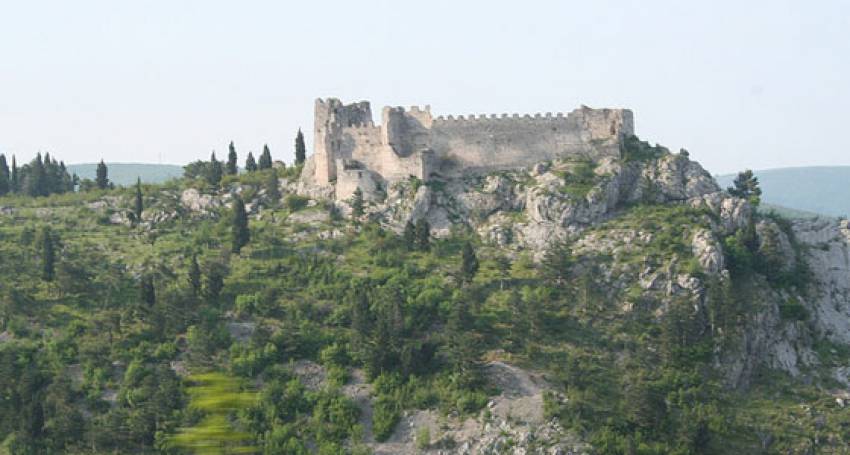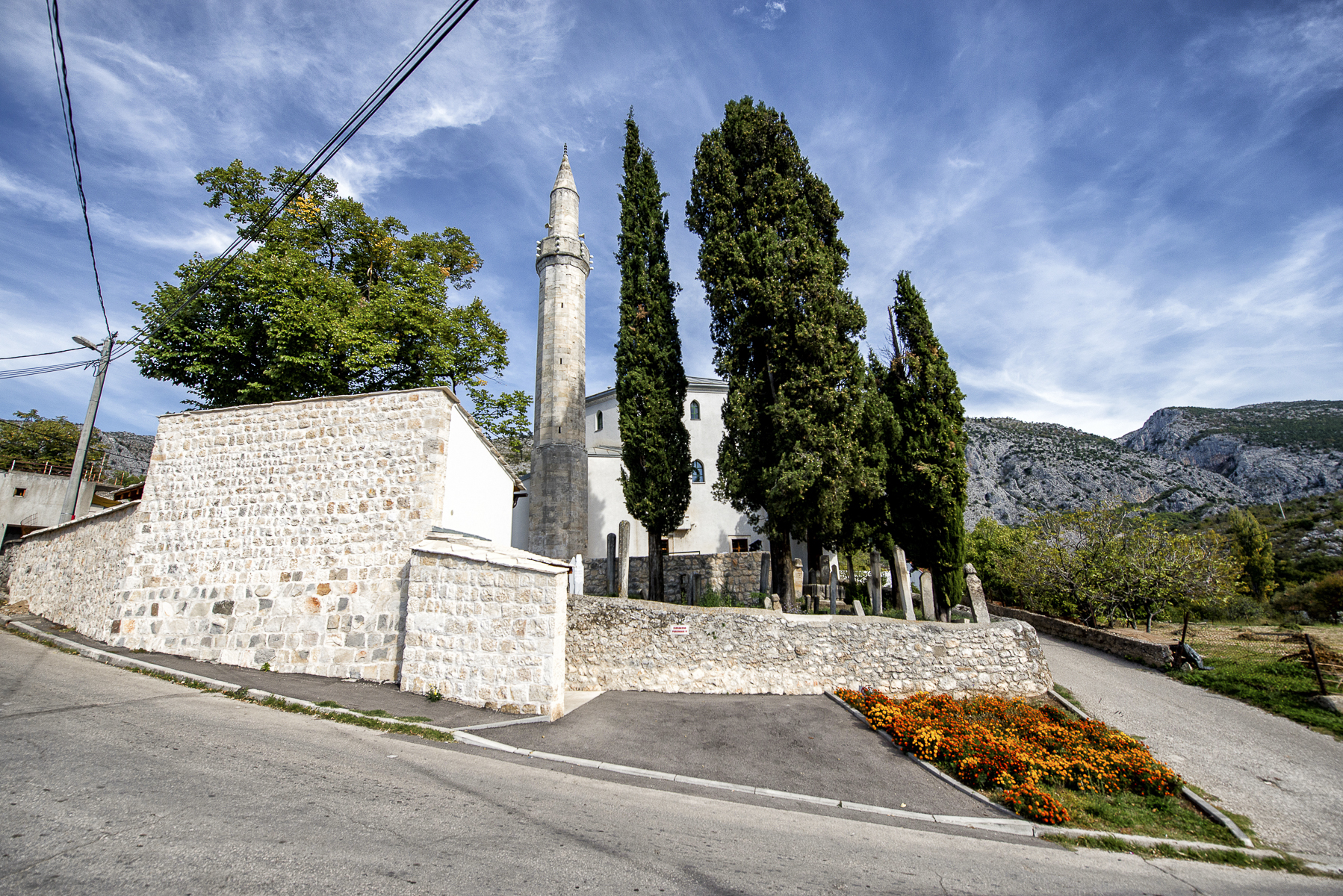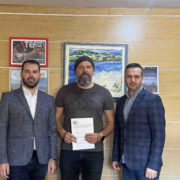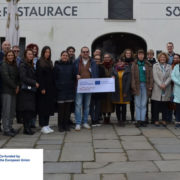- Home
- Dervish tekki
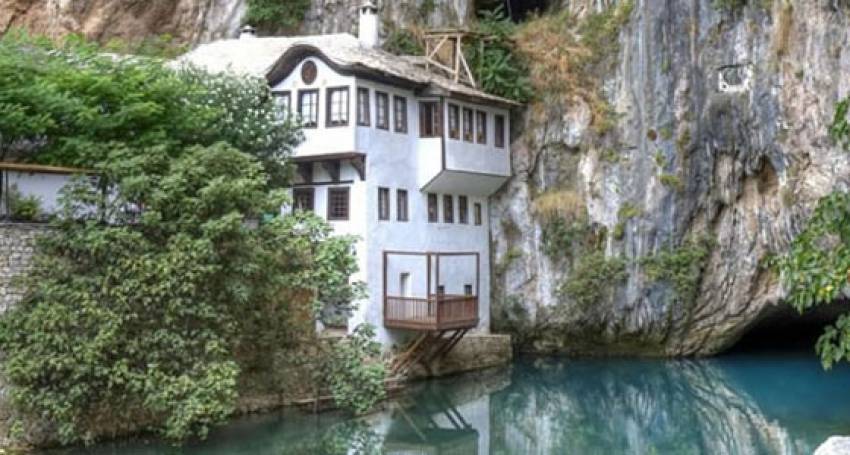
March 4, 2022
Dervish tekki

The first zawiyyah on the source of the river Buna was built by dervishes belonging to the Bektashi order in about 1470. In the 18th century the tekke was to become a meeting place for members of the Khalwatiyyah order. All that now survives is the residentiai building of the tekke musafirhana and the turbe containing two graves marked by wooden coffins: the tomb of Shaikh Ačik-pasha (Muhamed Hindi) and that of Sari-Saltuk. The influence of the baroque is to be seen in the shape of the roof and decorative features, the gable of the main facade, the corbels of the uprights, the treatment of the ceiling in the first-floor room, etc. Since nature forms part of ritual, the cliffs and water by the. Blagaj tekke form an inseparable part of the religious ensemble.

 Hotel
Hotel Pansion
Pansion Travel agencies
Travel agencies Museums
Museums Tourist info center
Tourist info center Motel
Motel Restaurants
Restaurants Monuments
Monuments Transport
Transport Natural and attractions
Natural and attractions

 Hoteli
Hoteli Pansioni
Pansioni Turisticke agencije
Turisticke agencije Muzeji
Muzeji Turist info centri
Turist info centri Moteli
Moteli Restorani
Restorani Znamenitosti
Znamenitosti Transport
Transport Priroda i atrakcije
Priroda i atrakcije
